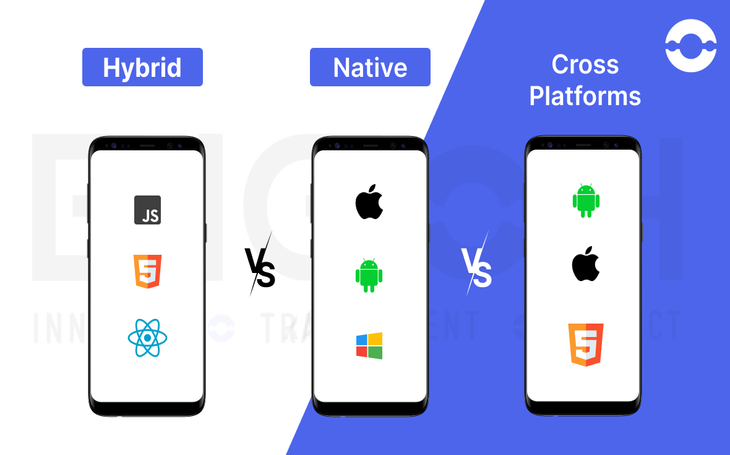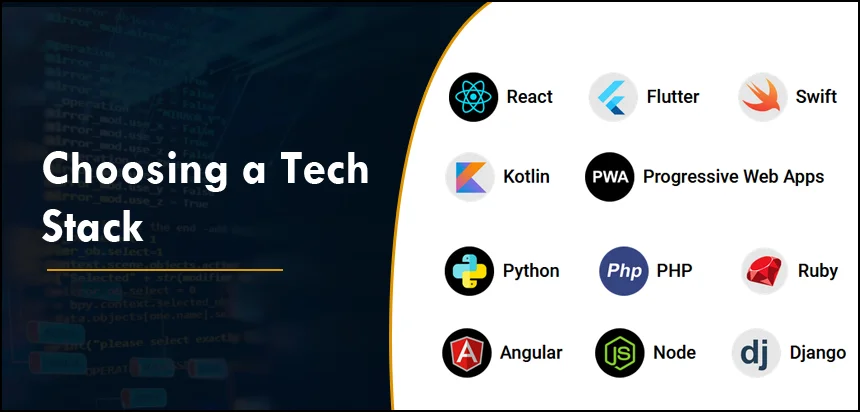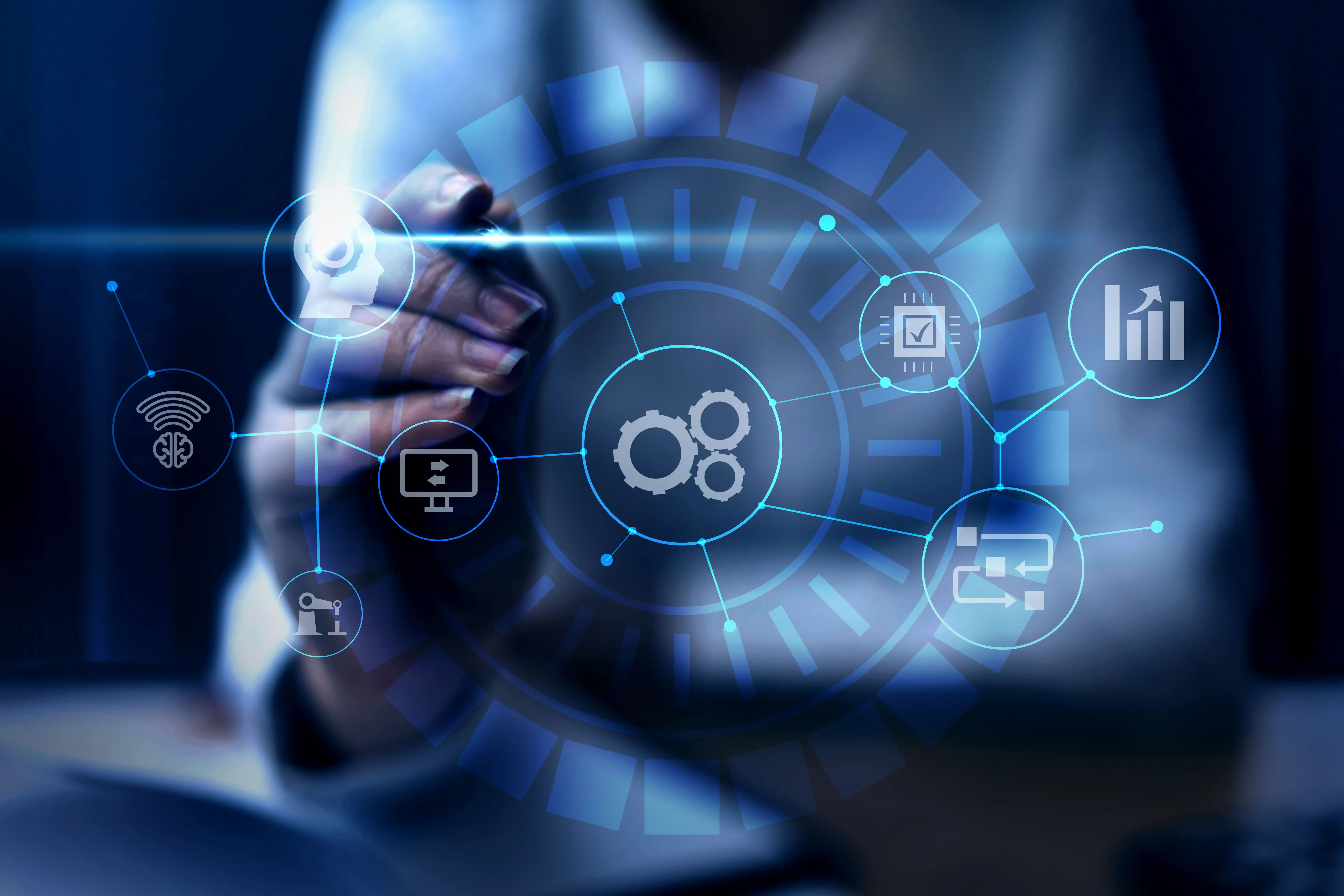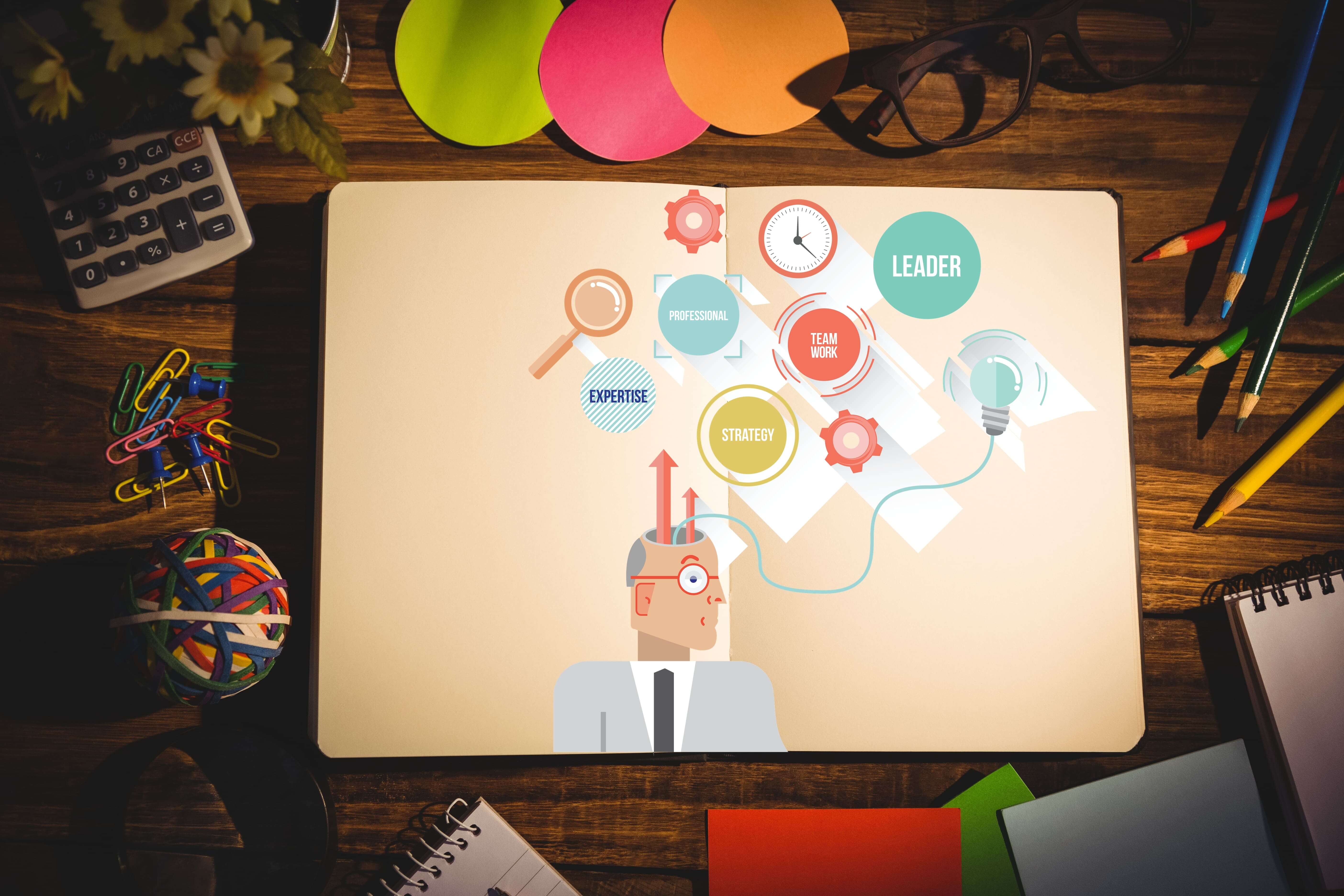
IoT is a technology that allows one smart device to communicate with another.
It connects places, people, and things, paving more opportunities for capture and value creation.
Data in chips, actuators and sensors is transmitted to the IoT network for conversion of insights into actions, creating an impact on business processes and opening new opportunities for work.
However, in IoT, there are tons of security and technical issues that are faced by the users and hence need to be addressed.
Blockchain, or distributed ledger technology (DLT),is yet another game-changing technology that has the capability to address scalability and security issues.
It offers tons of capabilities as it is built around DLT that is shared amongst system participants and is accessible through the internet. The most important part of it is that the events and transactions are recorded and stored in a ledger that cannot be eradicated or changed later.
In this article, we will discuss how IoT benefits, how blockchain works, and how it can benefit IoT.
How does blockchain technology work?
Distribution, immutability, and decentralization are three fundamental properties of data structure in blockchain technology that benefit the IoT.
These three properties can massively benefit the IoT ecosystem by taking surveillance cameras into consideration.
For instance, if hackers intend to attack a high-profile target, they will initially attack the server where the videos are stored to avoid the act being recorded.
However, in blockchain, the data is stored and replicated across multiple devices, thereby increasing the chances of security.
Moreover, since there are multiple target devices, hacking becomes more tedious and challenging.
The redundancy or replication of data in blockchain technology adds more data security to the system, eventually enhancing data access as users in IoT can easily submit and retrieve data from multiple devices.
Considering the above instance, if the hackers get caught and claim that the evidence is forged, the immutable property of data will increase the chances of detecting the data. Hence, the hackers claim can be easily verified by probing the attempts to tamper with the data.
However, decentralization can be a major hindrance in retrieving data from IoT, as in decentralization the computer accumulates data belonging to multiple entities. As a result, it might cause hindrance if not implemented vigilantly.
Also, it might result in default storage and can become easily accessible to third parties.
What are the advantages of IoT and Blockchain?
The combination of IoT and blockchain paves the way for wider possibilities to enhance security, eliminate inefficiencies, and improve transparency for the parties involved while allowing secure machine-to-machine transactions.
The integration of these technologies enhances the trackability from the time raw materials are mined until they reach the end consumers.
Besides, it offers an array of benefits.
It enables high security by verifying and approving the transactions of the parties, and encrypting the data transmitted and stored. In addition, you can keep track of the accessibility of users and record all their transactions.
1. High security
Also, it provides an extra layer of security via
encryption by reducing the points of failure and rapidly
assessing the weakest links in the network.
2. Low cost By automating the transaction validation and processing steps on blockchain, the entire ecosystem can become more proactive at a lower cost.
3. Enhanced speed of transactions The speed of transactions is higher in supply chain transactions where there are multiple distributors, suppliers, and consumers. The blockchain functions as a shared ledger to an extent, enabling the parties to rapidly exchange data with each other, minimising the manual process and resulting in an enhancement of speed of transaction.
The other issues such as cost, privacy, security, and data exchange are addressed with blockchain in resonance with IoT.
Customers of IoT frequently demand data insights from IoT enabled devices at a faster pace and at a lower cost, where the blockchain serves as the backbone.
Furthermore, the blockchain is highly encrypted and secure, with many nodes validating updates to prevent malicious behavior. The design is secured in such a way that blockchain can be assessed and validated to improve data access without involving time-consuming and expensive bureaucratic procedures. It improves accessibility, affordability, and trust.
Companies that offer IoT and Blockchain services?
1. HyperLink Infosystem
Hyperlink InfoSystem is a leading web and mobile app
development company in the United States, India, Canada,
the United Arab Emirates, and the United Kingdom. The
company offers the best blockchain solutions for nearly
every industry.
They have previously developed several successful blockchain solutions that are more trustworthy and secure. Their team comprises more than 500 developers who are actively involved in creating the best solutions by implementing the latest technology.
The company specializes in Blockchain, IoT development, AI solutions, Big Data Analytics, web and app development, CRM solutions, AR and VR, and Salesforce development.
2. AccentureThe company has been listed amongst 500 Fortune global companies that cater to services such as blockchain, web and app development, software engineering, supply chain and operations, oracle and many more. The company has more than 500, 000 employees who diligently serve their customers across 130 countries.
3. Infosys Infosys Limited is an Indian multinational corporation that offers business consulting, information technology, and outsourcing services. After TCS, Infosys is the second-largest Indian IT company. The company has 82 sales and marketing offices and 123 development centers across the world.
Conclusion
Blockchain and IoT are an ideal combination that works well in resonance with each other as there are various security issues with IoT which blockchain can handle effectively if implemented appropriately.












